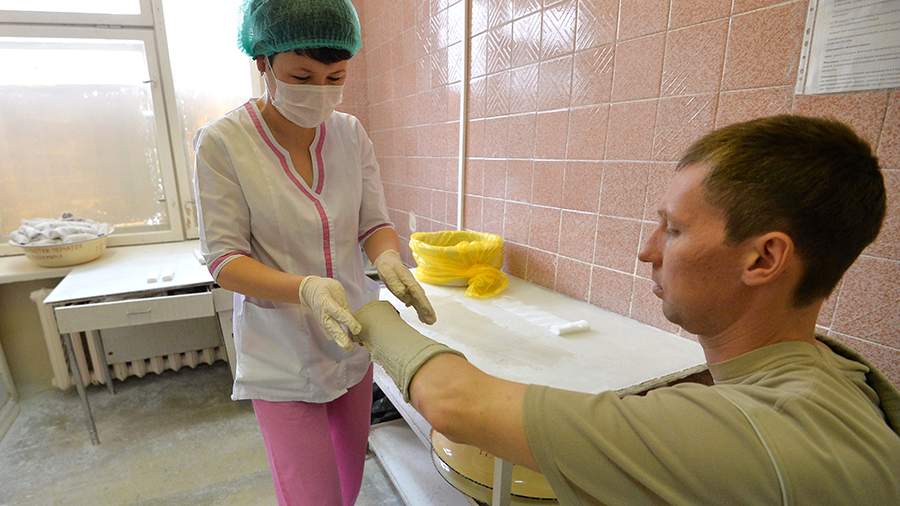Traumatologist names reasons for slow fracture healing in smokers

Smokers' fractures heal much slower. Traumatologist and orthopedist at the Vreden Traumatology and Orthopedics Research Center of the Russian Ministry of Health. R.R. Vreden of the Ministry of Health of Russia Fanil Sabirov told Izvestia on November 21 what this is due to.
"The problem of delayed consolidation and non-union of fractures remains still relevant for traumatologists and orthopedists, as a rule, it is associated with the mechanism of injury. But at the same time, a significant role is played by risk factors, primarily related to smoking," the expert noted.
He emphasized that it is scientifically proven: abstaining from smoking for six weeks reduces the risk of complications by half. In addition, smoking reduces the number of bone marrow progenitor cells, which play an important role in fracture fusion.
"Smoking reduces normal blood circulation and thereby reduces oxygen supply to peripheral tissues, including bones. According to research data, smoking cessation four or more weeks before surgery reduces the risk of postoperative complications and increases favorable outcome by 19%, which is directly related to the improvement of peripheral blood supply," Sabirov explained.
In addition, smoking increases the risk of osteoporosis. According to the traumatologist-orthopedist, back in the 1970s of the last century, it was proven that in women over 60 years old who smoke, the decrease in bone mineral density is more pronounced than in non-smokers.
"Studies conducted in the early 2000s proved that in non-smokers there is a linear relationship between calcium intake and mineral density of vertebrae and femoral neck, while in smokers this relationship is absent," he added.
Earlier, on October 7, it was reported that during the summer months the demand of Russians for cigarettes decreased by 22%. This is stated in the results of the study of the service "Contour.Market". Analysts of the company noted that this is a steady trend. So, already in the spring of 2024, sales fell by 19%, and in winter - by 16% (year-on-year). Both the number of checks and sales volumes decreased. Specialists came to these conclusions based on a sample of 45 million checks.
Переведено сервисом «Яндекс Переводчик»
